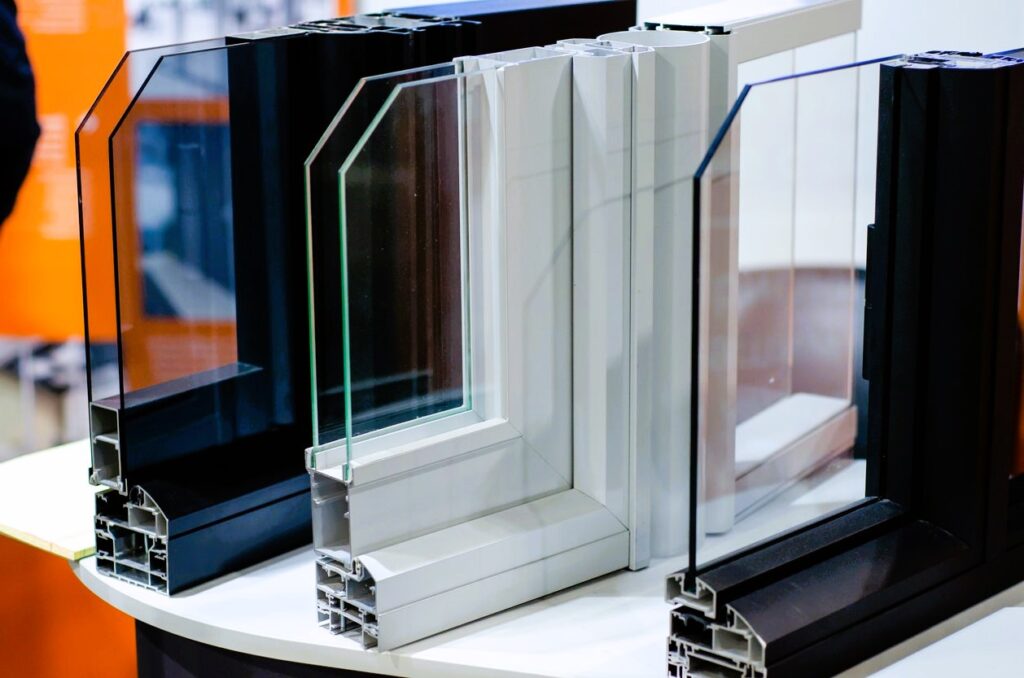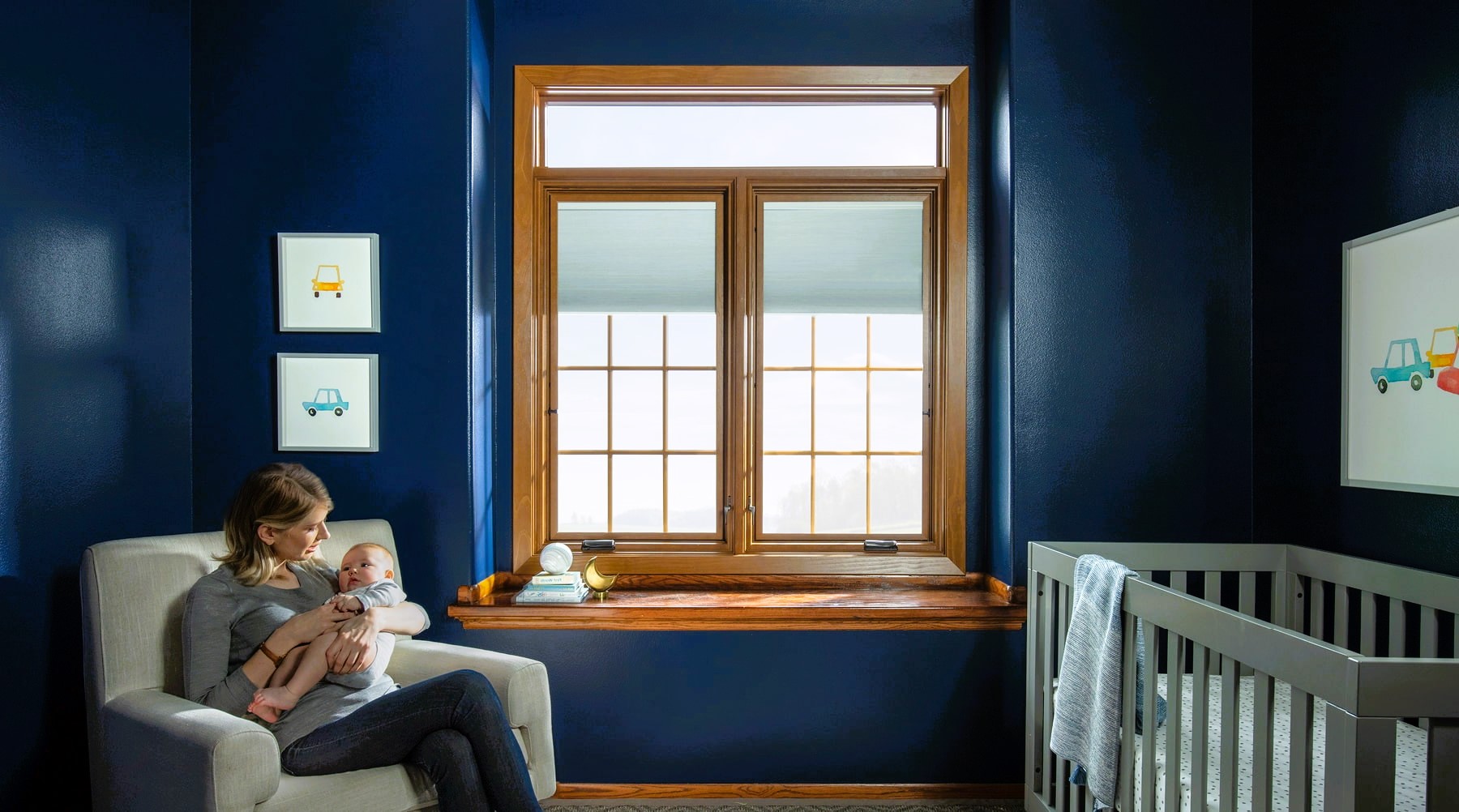Eco-friendly windows are becoming increasingly popular as homeowners and businesses seek to reduce their environmental impact and lower energy consumption. These windows are designed with features like energy-efficient glazing, proper sealing, and sustainable materials to enhance energy efficiency and promote a greener lifestyle. However, one aspect that often raises concerns when considering eco-friendly windows is their impact on soundproofing. Finding the right balance between eco-friendliness and effective soundproofing is essential to create a comfortable and sustainable living or working environment. In this article, we will explore the relationship between eco-friendly windows and soundproofing, the challenges involved, and how standardization can help strike the perfect balance.
The Relationship Between Eco-Friendly Windows and Soundproofing:
Eco-friendly windows are typically designed to prioritize energy efficiency, which involves using multiple glass layers, Low-E coatings, and insulating materials. While these features contribute to reducing heat transfer and energy loss, they can also affect the window’s soundproofing capabilities. Thicker glass and multiple layers may reduce noise penetration to some extent, but they might not offer the same level of soundproofing as specialized soundproof windows.
Challenges in Soundproofing with Eco-Friendly Windows:
Achieving effective soundproofing with eco-friendly windows presents several challenges:
- Glass Thickness: Thicker glass can enhance sound insulation, but it may also add weight and increase the cost of the window. Finding a balance between soundproofing and overall window performance is crucial.
- Air Leakage: Proper sealing is essential for both energy efficiency and soundproofing. Air leakage can compromise both aspects and reduce the effectiveness of eco-friendly windows in reducing noise.
- Choice of Materials: Some eco-friendly materials may not have the same sound-absorbing properties as traditional soundproofing materials. Find out if your windows need replacing here.
Balancing Eco-Friendliness and Soundproofing:
While eco-friendly windows may not offer the same level of soundproofing as specialized soundproof windows, there are ways to strike a balance between eco-friendliness and sound insulation:

- Triple Glazing with Soundproofing Options: Consider eco-friendly windows with triple glazing and select options that provide enhanced soundproofing. Some manufacturers offer soundproof interlayers between glass panes, improving the window’s acoustic performance without compromising energy efficiency significantly.
- Window Frame Design: Choose window frames that minimize sound transmission. Fiberglass and vinyl frames tend to perform better in reducing noise compared to aluminum frames.
- Sealing and Installation: Proper sealing during installation is crucial for both energy efficiency and soundproofing. Working with experienced installers who follow standardization guidelines ensures a well-sealed and efficient window system.
- Secondary Glazing: If you have existing eco-friendly windows and require additional soundproofing, consider adding secondary glazing. Secondary glazing involves adding an extra window pane on the inside, creating an air gap that enhances sound insulation.
The Role of Standardization in Finding the Balance:
Standardization organizations, such as Canada.ca, provide guidelines for eco-friendly window performance, including sound insulation. Manufacturers that adhere to these standards can offer windows that strike a better balance between eco-friendliness and soundproofing.
Conclusion:
Eco-friendly windows play a crucial role in promoting sustainable living and reducing energy consumption. While they may not provide the same level of soundproofing as specialized soundproof windows, finding the right balance between eco-friendliness and sound insulation is possible. By selecting windows with triple glazing and soundproofing options, choosing suitable window frame materials, ensuring proper sealing and installation, and considering secondary glazing if necessary, you can create a comfortable and sustainable living or working environment. Standardization guidelines provided by organizations like assist in ensuring that eco-friendly windows meet industry requirements for both energy efficiency and soundproofing. With the right approach, you can enjoy the benefits of eco-friendly windows while maintaining a peaceful and tranquil indoor space.

